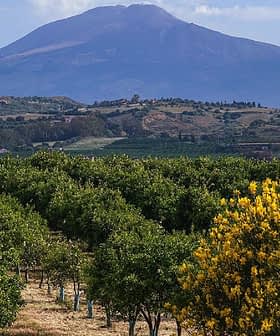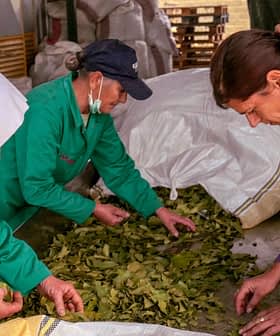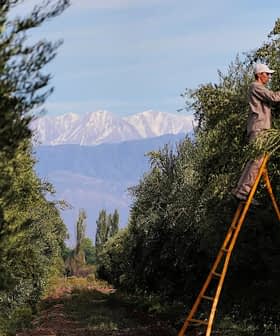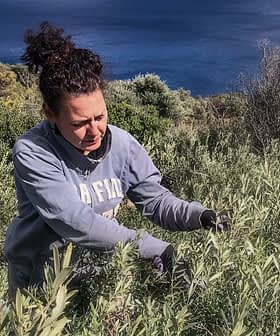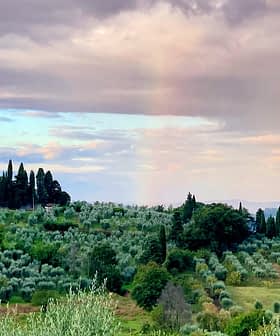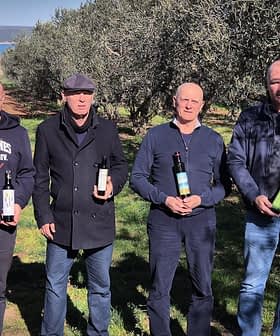Crisis Spurred Spartan Olive Oil to Forge a Brighter Future
Sparta Gourmet, a family-owned company in Greece, has established a high-tech mill in the Peloponnese to produce award-winning olive oil, with a focus on quality and sustainability. The company’s efforts have not only resulted in recognition at international competitions, but also in support for local farmers, environmental initiatives, and a hope to inspire younger generations to engage in olive growing.
In the shadows of the Greek Taygetus, a spectacular mountain range in the Peloponnese, the family behind Sparta Gourmet produces their award-winning extra virgin olive oil.
A few kilometers south of the town of Sparti, in a countryside dotted by olive trees, vineyards, small churches and farms, Sparta Gourmet’s high-tech mill is at the heart of a renewed local effort to produce high-quality olive oil.
This all meant a new sustainable business model aimed at properly rewarding local growers, who were not used to receiving quick guaranteed payments for their fruits.
This effort has already started to pay off, with the producers earning a Silver Award at the 2021 NYIOOC World Olive Oil Competition for their medium-intensity Koroneiki monovarietal.
Sparta Gourmet was founded as an innovative farming company a few years ago by a Greek family who had moved to New York in 1975.
See Also:Producer ProfilesHowever, many relatives remained in Greece, so the family kept coming back to celebrate their roots, collecting Kalamata olives and producing olive oil to bring back to their friends in the United States.
“In the first years of the 2000s, my family would come back every summer to have their kids learn the language and understand the heritage,” Ekaterina Valiotis, the company’s co-owner, told Olive Oil Times. “I remember summers spent among the olive trees and exploring the vineyards when we were young. We always had a connection with our motherland.”
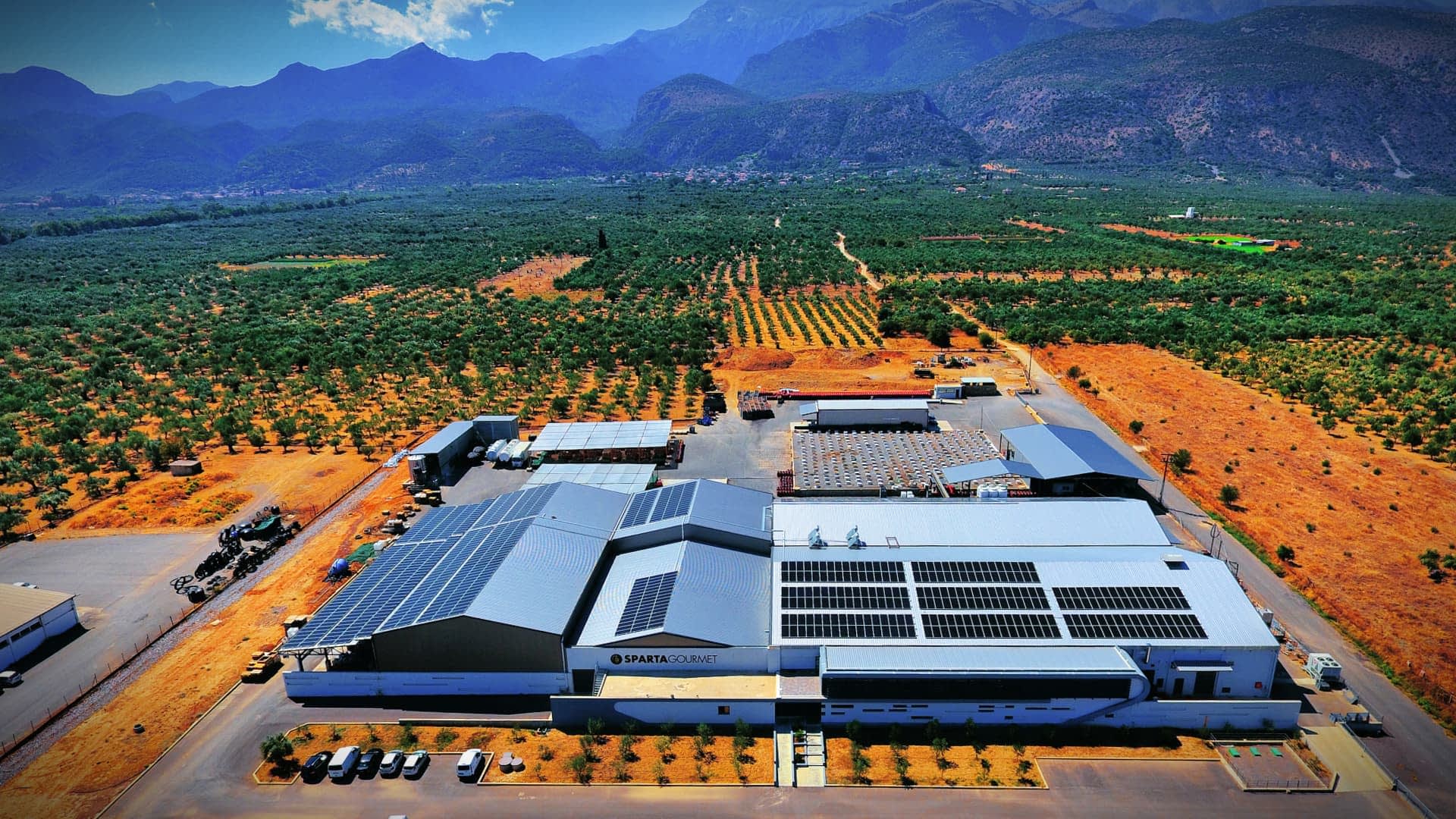
Over time, the interest in the table olives and olive oil brought from Greece continued to grow among the family’s American friends and acquaintances.
“That is when we began talking with the local farmers, our neighbors in Greece, and started to export their products as well, but not to sell,” Valiotis said. “For us, buying their food only meant bringing gifts back to the United States.”
However, this all changed after the 2008 financial crisis, which devastated the Greek economy.
“Things were going very well for us in the United States, so my father had the idea to give a hand to our community of origin,” Valiotis said. “He built a mill through which the local farmers could professionally grow and press their olives and export their olive oil.”
Between 2015 and 2018, the Sparta Gourmet mill was built on a hectare of land in the heart of a valley where ubiquitous traditional orchards have been producing olive oil for generations.
The goal for Valiotis and her family is to grow their trees on 400 hectares while gathering the best local produce and supporting growers to focus on quality production and sharing resources.
“This all meant a new sustainable business model aimed at properly rewarding local growers, who were not used to receiving quick guaranteed payments for their fruits,” Valiotis said.
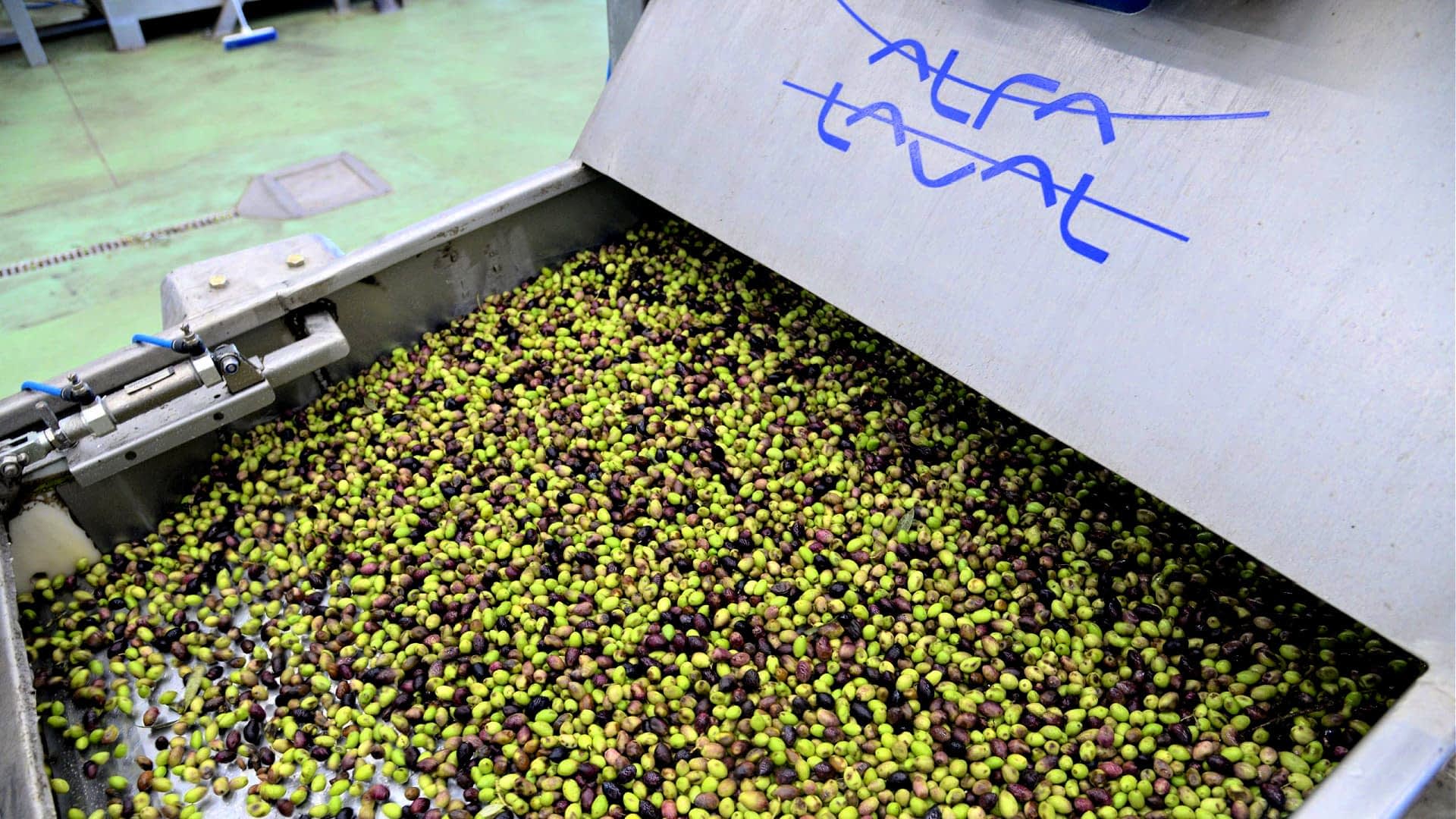
“We built a highly technological Alfa Laval mill, with two lines of production, capable of handling six tons of olives per hour,” she added.
However, Valiotis hinted at the challenge of finding highly specialized workers in the area.
“We brought engineers from Athens, as nobody here knew how to use these machines,” she said. “Then we built the bottling facility, the underground storage tanks for the Kalamata olives as well as the stainless steel tanks for olive oil with nitrogen seal and closed system.”
With the mill at its heart, a new approach to olive oil production and marketing blossomed, and the Valiotis family moved back to Greece permanently in 2018.
“We export 60 percent of our production to the United States,” Valiotis said.
The most significant portion of the olives come from the Koroneiki variety and a smaller quantity from Athinolia, which produce medium to robust extra virgin olive oil.
Due to the exports, which grew during the Covid-19 pandemic, and the increase in olive oil prices, new opportunities surfaced for Sparta Gourmet, which also helped develop the local olive growing community.
“We brought in agronomists, chemists and other specialists to help local farmers learn how to take care of their groves better, best prune the trees, correctly use fertilizers or why it is their interest to get rid of pollutants and pesticides,” Valiotis said.
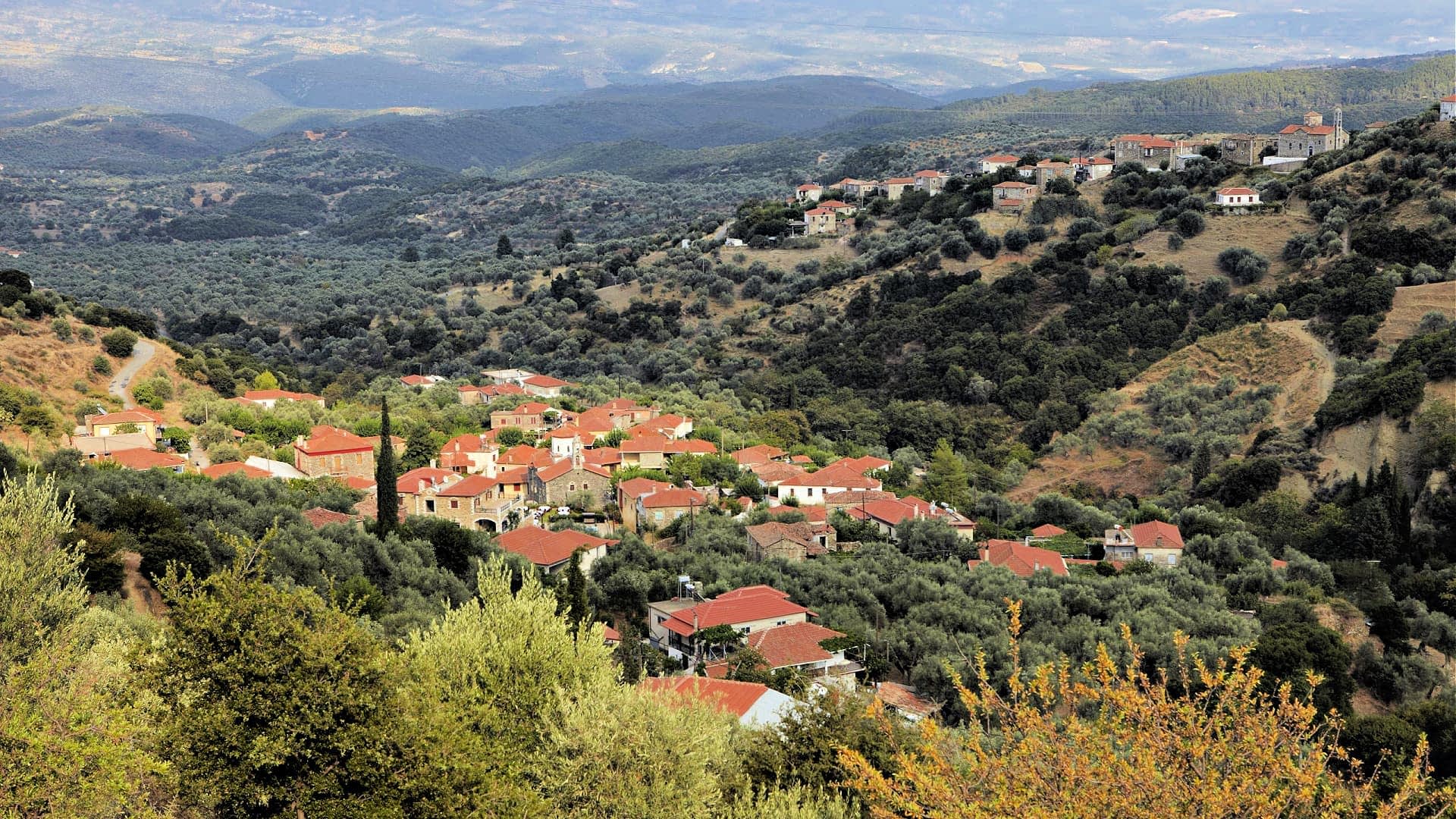
“For instance, many farmers are now giving up the use of petroleum-based tools for their groves,” she added. “That is happening because they have learned how they can pollute and affect the trees, which also means that their fruits cannot be used for high-end products.”
According to Valiotis, the growing community trust around the opportunities of high-quality farming is also due to environmentally-friend choices and solutions led by the company, such as installing an organic filtering facility to avoid wastewater from mill operations polluting the area.
The same strategy included the installation of a powerful solar energy grid, “which also protects the mill from the energy price spike which is hitting the European market,” Valiotis said.
The mill also encourages farmers to re-use their olive pits for heating and supports them in maintaining the grass cover in their groves to enrich the soil organically.
“We also add beehives,” which are particularly sensitive to pesticide damage, Valiotis said. “Pesticides even two kilometers away, with wind and rain, can destroy the whole valley.”
“Farmers have to talk and share views about all of this, so they avoid procedures such as burning pruning remains,” she added. “We got a huge wood chipper, and when it is time, they can use it too. They can take their wood chips back and contribute to soil preservation.”
The family behind Sparta Gourmet hopes that the new approach, sustainable and environmentally friendly, based on the local community, capable of bringing new income to farmers and the uplifting local producers, might help younger generations find a renewed interest in olive growing.
“The problem here, as it is in other countries such as Italy, is that most growers are in their 60s, Valiotis said. “What can we expect the future of olive growing to be if younger farmers do not get involved, if we do not learn to share shrinking essential resources such as water, if we do not act together to mitigate and adjust to climate change?”


